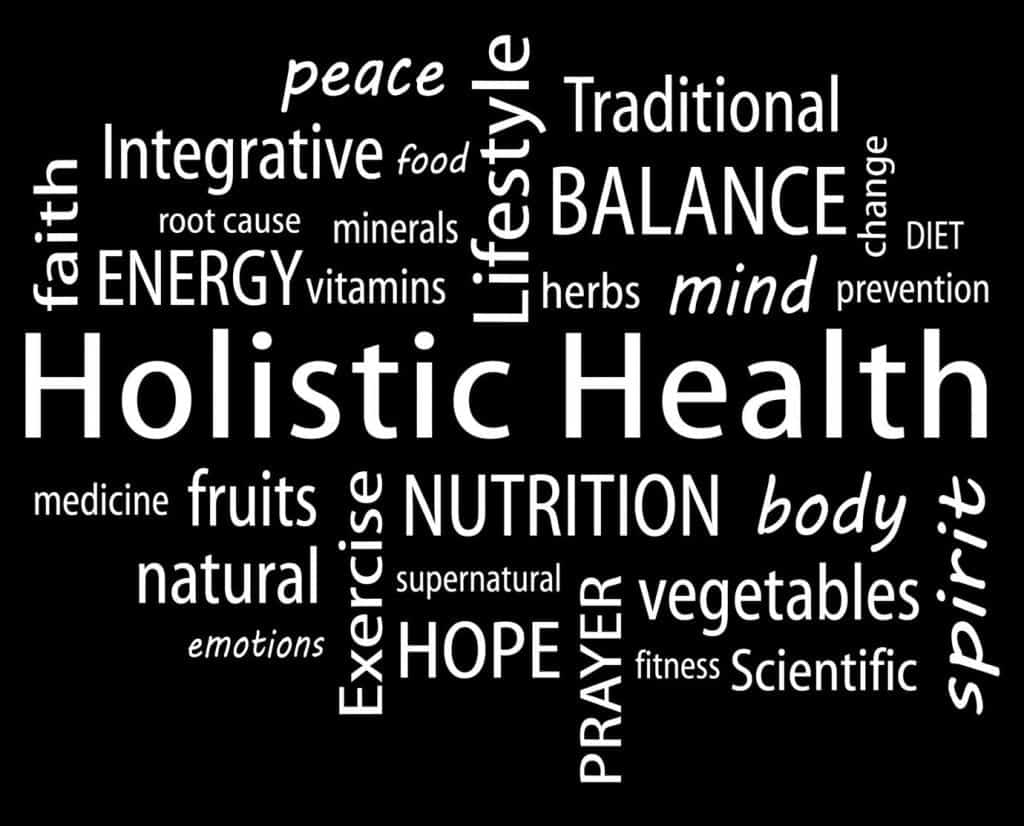I’m sure that this month you’re curious to know a little more about pre & probiotics, now that you know that they help to maintain your gut happy and healthy.
Remember that probiotics are live bacteria that live in your intestinal system. Keeping your immune system balanced, working well and, therefore, your health in tip-top shape. Prebiotics support the growth of your natural bacteria, such as Bifidobacteria and Lactobacilli. As well as maintaining your natural gut flora balanced, with the ‘good and the bad’
Why you need both (at the right stages of your rebalancing)
You may be wondering, “Is it necessary to have both?” “Isn’t having healthy probiotics enough?”
Well the answer to your first question, is YES. It is important to have both, as they support each other. Even though they may have different functions in your gut, you need to have both in order to have overall good health.
Prebiotics help to protect you from bacteria that can cause you harm, or fungal overgrowth – such as in Candida. This is because they support the growth of your natural bacteria.
They are important in reducing inflammation that occurs Irritable Bowel Disease, Irritable Bowel Syndrome, Crohn’s Disease and Ulcerative Colitis; which affect your ability to absorb nutrients and digest food properly.
Probiotics help reduce inflammation within your body, that can cause you to develop other health issues. Problems such as eczema, food allergies and constipation.
What foods are they in?
You are able to get good sources of prebiotics, mainly in fruits and vegetables. These give you soluble fibre – inulin, pectin, beta-glucan; natural sugars – fructooligosaccharide, galactooligosaccharide, oligosaccharide. These are the compounds which ferment in your gut, producing the SCFA’s; these are your cell’s and gut microflora’s ‘fuel’.
The best sources of these compounds are found in
- Apples
- Bran
- Oats
- Raw vegetables, for salads
- Celery
- Psyllium husks
- Pears
- Cucumbers
- Wholegrain cereals
- Blueberries
- Guar gum
- Bananas
- Garlic
- Onions
- Asparagus leek
- Tomato
Probiotics are mainly found in
- Yoghurt
- Cabbage
- Kefir
When to use them
You can use pre & probiotics when coming off antibiotics, helping to rebalance your delicate microbiome. This is because antibiotics do not discriminate between the good and bad bacteria. Which is why you can get stomach upsets and/or diarrhoea while taking them, or even after having antibiotics.
If you suffer from intestinal illnesses, such as IBD, IBS, Crohn’s, Coeliac’s, it is important for you to have the right strains to maintain your gut health balanced and working well. This is where I can help you, in finding the right probiotics for you.
If you have any auto immune disorders such as, eczema, rheumatoid arthritis, psoriasis. There are specific strains that you need, which studies have found you to have low levels.
If you are going overseas, there is a particular strain that you need which will help to prevent you from getting ‘traveller’s tummy”; or should you get that dreaded bug, to help shorten the severity and length of the gastro.
If you are constipated, you need both pre & probiotics.
If you have bacterial, or fungal, overgrowth you will need support from the right probiotics to bring these ‘back into line’ to maintain the delicate and natural balance of your microbiome.
There are many other situations where you specific strains of probiotics, and doses. But these are the most common ones, apart from trying to have them in your daily food intake.
When not to use prebiotics & probiotics
There are also times when you should not be taking certain pro & prebiotics. This is because you may be sensitive to components within the food source.
- Lactose intolerance, or milk allergy – no dairy, or milk based probiotic strains (check labels)
- Intolerance to fruit & vegetable sugars – fructose, oligosaccharide, galactose (FODMAPs), no garlic, onions, leeks, apples, pears - avoid prebiotics in the elimination phase
- When you take either pre or probiotics and they make your symptoms worse
- Histamine intolerance/sensitivity – no fermented foods
When to use and when to avoid pre and probiotics is key to healing and rebalancing your gut. This is covered in my Gut Fix program .
References
Osieki, H. (2014) The Nutrient Bible, QLD, Australia, Bioconcepts Publishing


